Coronavirus in Australia: What the ban on non-essential indoor gatherings means for you
Unprecedented restrictions on non-essential indoor gatherings of more than 100 people will impact countless venues across Australia.
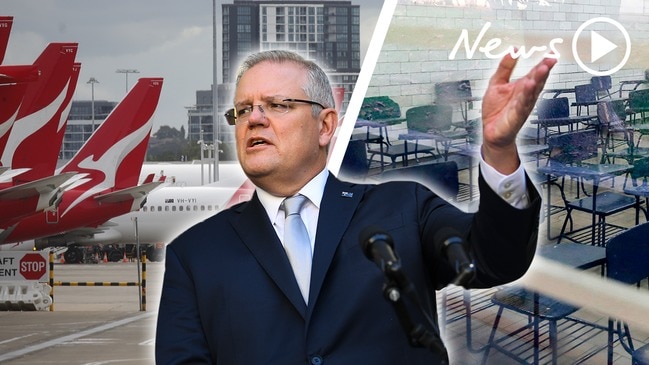
Illness
Don't miss out on the headlines from Illness. Followed categories will be added to My News.
Pubs, nightclubs, cinemas and large restaurants across Australia will shut down imminently as a result of sweeping new measures to fight the spread of coronavirus.
Prime Minister Scott Morrison this morning announced major new restrictions on all non-essential indoor gatherings of more than 100 people, including staff.
It comes after Mr Morrison last night met with state and territory leaders to decide on the historic approach to social distancing, which will be finalised in coming days.
“(Australia) won't look like it normally does but it is very important we put in place measures that are scalable and sustainable,” Mr Morrison said. “And that is no internal gatherings of 100 or more.”
WHAT IS AN INDOOR GATHERING?
An indoor gathering is considered any within a single, enclosed area - for example, a room or premises substantially enclosed by a roof and walls.
It doesn't matter if any part of the room is opened or closed, temporary or permanent.
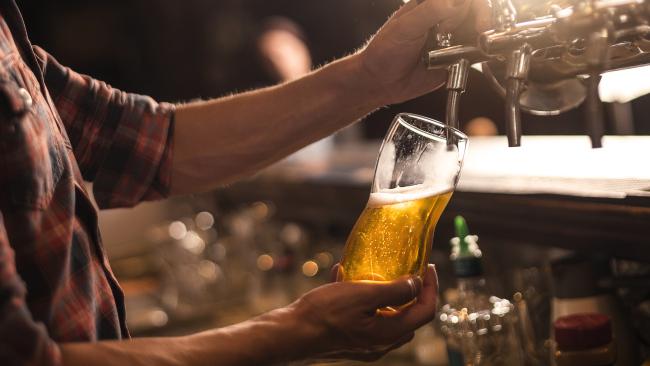
WHAT IS NON-ESSENTIAL?
It's basically any activity that isn't absolutely vital.
That means these measures will impact pubs, nightclubs, associations, cinemas, theatres, conventions and other events and large restaurants.
"This may require significant changes to the operation of some venues, such as reducing the maximum capacity or increasing the space available," Mr Morrison said.
Many may choose to close until the urgency has eased.
MORE: Follow the latest coronavirus updates
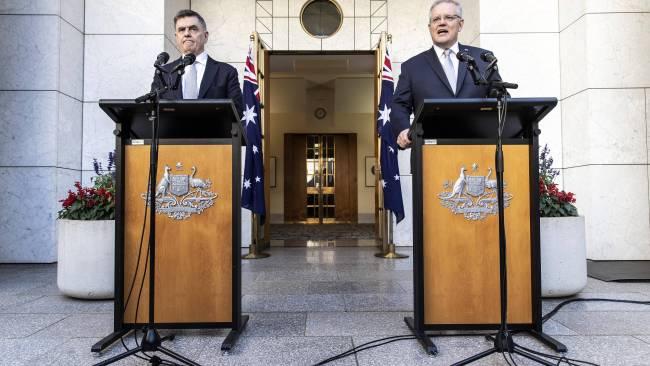
The national cabinet will meet again later this week to consider all of the various instances of how the ban needs to be applied.
“(Australia) won't look like it normally does but it is very important we put in place measures that are scalable and sustainable,” Mr Morrison said. “And that is no internal gatherings of 100 or more.”
The new restrictions apply to large places of worship
There is also likely to be formal guidance later this week when it comes to people holding large weddings and funerals.
WHAT IS ESSENTIAL?
The new restrictions don't apply to any activities seen as essential to the functioning and wellbeing of the country.
That includes public transportation, medical and healthcare, pharmacies, emergency service functions, prisons, courts, parliaments, supermarkets and grocery stores and shopping centres.
Office buildings, factories, construction sites and mines are also exempt. So too are airports.
But in many of these cases, the government urges social distancing and good hygiene practices.
RELATED: How ‘flattening the curve’ saves lives
WHEN DOES IT BEGIN
The new measures begin immediately.
But until the national cabinet decides on how they can most effectively be implemented in pubs, restaurants, theatres and the like, those venues can continue operating normally but with good social distancing measures.
This includes being able to maintain a distance of 1.5m between patrons. Hand hygiene products and suitable waste receptacles need to be available, with frequent cleaning and waste disposal.
Existing measures regarding outdoor events of more than 500 people continue.
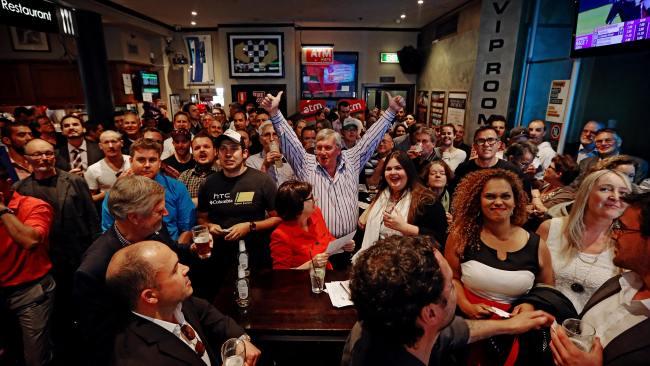
WHY DO WE NEED IT?
Chief Medical Officer Professor Brendan Murphy said social distancing was crucial to slow the spread of the virus in the coming weeks and months.
“It is every individual Australian's responsibility to practice good social distancing,” Professor Murphy said. “Keep away from each other where possible.”
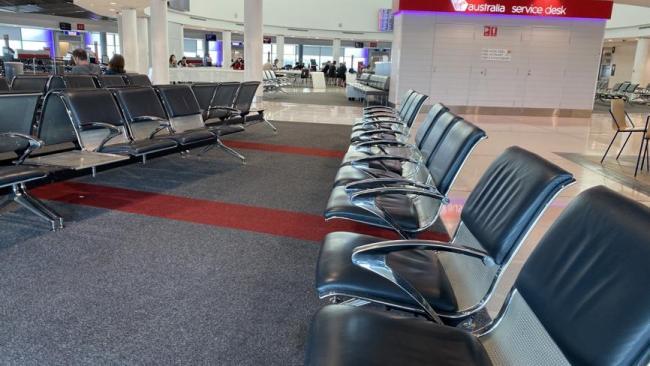
Professor Murphy also urged people to practice good hand hygiene and wash their hands at “every opportunity you get”.
“If you've been on public transport, if you've been touching things in a common area, before and after going to the toilet, if you've been having a meal.
“Social distancing and hand hygiene is really, really important.
“But we also have to do things at a societal level, that's why we've put in the recommendations that governments have accepted, to restrict non-essential gatherings.”
HOW LONG WILL IT LAST?
It's unclear how long these particular restrictions will be in place, but brace for disruptions for many months.
In terms of how long Australia is likely to be in the grips of coronavirus chaos, the PM had a stark prediction.
“Whatever we do, we've got to do for at least six months,” Mr Morrison said.
Originally published as Coronavirus in Australia: What the ban on non-essential indoor gatherings means for you

